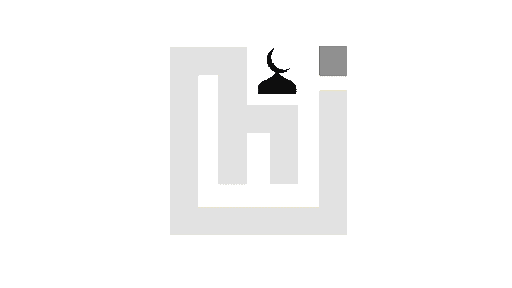Zakat Policy
Humanity-Increased (HI) will utilize Zakat funds with the utmost dedication to ensuring that they are directed towards programs intended to benefit those in need. In alignment with our commitment to transparency and adherence to Islamic principles, we have established an Allowable Support Cost Rate for the management and distribution of Zakat funds. This rate is designed to cover necessary operational and program expenses incurred during the distribution of Zakat to eligible beneficiaries, as stipulated by Sharia law.
Specifically, the Allowable Support Cost Rate caps the portion of Zakat funds that can be used for such expenses at no more than 0-12%. This encompasses both Direct Zakat Program Support Costs, which are directly related to the distribution of Zakat, and Indirect Zakat Program Costs that are incurred at the implementing partner or field office level. Our policy ensures that the primary focus remains on utilizing Zakat funds for their intended purpose – supporting those eligible under Islamic law – while also acknowledging the necessary costs associated with administering these funds effectively and responsibly. We commit to distributing your Zakat within 12 months, maintaining a balance between adherence to Islamic guidelines and operational efficiency.
Introduction
HI is a non-profit organization committed to improving the lives of Women, children and the elderly around the world. As a Muslim-based organization, HI recognizes the importance of Zakat as an act of worship and charitable giving. HI is committed to ensuring that Zakat is collected and distributed in a transparent and responsible manner, in accordance with the principles and requirements of Zakat. This policy outlines the guidelines for the collection and distribution of Zakat funds by HI to support orphans and widows.
Principles of Zakat
Zakat is one of the five pillars of Islam, and it is an obligation on all Muslims who are financially able to give. The purpose of Zakat is to purify one’s wealth and provide to those in need. Zakat is meant to be given to specific categories of people, including the poor, the needy, debtors, those working in the cause of Allah, and others. In accordance with Islamic law, orphans are eligible recipients of Zakat funds. HI understands the importance of Zakat in fulfilling the duty to care for those in need, and has established the following principles for the collection and distribution of Zakat:
Types of Donations Accepted
We accept the following types of donations:
- Zakat will be collected and distributed within 12 months in a transparent and accountable manner, in accordance with Islamic principles.
- Zakat funds will only be used for eligible recipients as defined in Islamic law.
- Zakat funds will not be used to cover marketing or fundraising costs.
- HI will work with reputable Islamic scholars to ensure that all Zakat funds are collected and distributed in accordance with Islamic principles.
- HI will provide regular reports to donors on the collection and distribution of Zakat funds.
Eligible Recipients
HI will collect Zakat funds to provide the basic needs of those in need. Eligible recipients of Zakat funds will be identified based on their needs and circumstances. The Qur’an (9:60) specifies eight categories of people to whom Zakat may be donated, and HI will adhere to these categories. Humanity-Increased’s Zakat policy is based on the following categories:
- The Poor (“Fuqara”)
- The Needy (“Masakeen”)
- Zakat Collectors (“Amil”)
Collection and Management of Zakat Funds
- Payments will be collected into a specific, restricted fund within HI.
- Channels of collecting and spending Zakat will be clear to allow the payer clarity and transparency over their Zakat payment and where and to whom it will be spent on.
- Zakat payments will not be used to cover any marketing or fundraising costs incurred by HI.
Distribution Guidelines
- Direct Ownership Transfer: Distribution methods ensure beneficiaries gain full ownership of the funds or goods, adhering strictly to the principle of tamlīk.
- Forms of Zakat Distribution: While cash distributions are preferred for flexibility, Zakat may also facilitate building homes, providing food, or supporting livelihood projects that offer direct ownership to beneficiaries. These distributions are made with the explicit intent of providing immediate and tangible benefits, avoiding investments in communal infrastructure without clear individual ownership.
Reporting
HI is committed to transparency and will create an annual Zakat Report to provide regular updates to donors on the collection and distribution of Zakat funds. In addition, HI will categorize the Zakat spend on its 990 reports, beginning in 2025.

